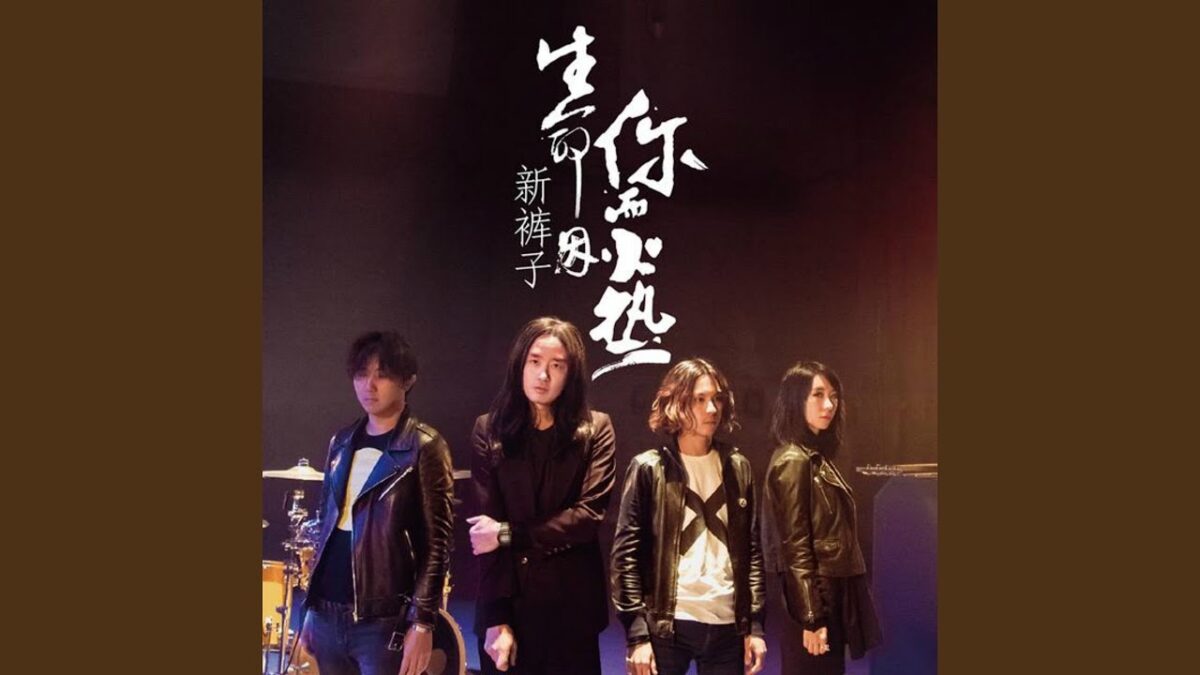If you’ve taken a foreign language in the last decade, you’re probably familiar with a very specific side effect where Google, unable to distinguish between homework and bilingual users, will give you recommendations in a language you cannot read for years. This is very annoying, and the type of thing you’d expect to be repaired by machine learning, given how much of our data is collected for targeted advertising, but it has some upsides.
Today I would like to introduce you to one such upside of my six semesters in Chinese language courses: New Pants. The Chinese band 新裤子乐队 which literally translates to New Pants Band (or, if you play with Google Translate enough, “Unused Breeches Orchestra”) was suggested to me by a still confused YouTube recommendation system, and I am entirely here for it. They play a unique blend of dance punk, indie rock, and new wave, and have been going strong since the late 90s. This makes them approximate contemporaries with American bands like The Strokes and The Flaming Lips, both in terms of age and musical style. However, the New Pants have seen relatively more commercial success and longevity than their English analogs, partially because, to the best of my admittedly limited knowledge, traditional rock music seems to be more successful in China than in English, Korean or Japanese markets.
I really don’t have the cultural context to do a full artistic profile or even album review for this band, so I’m going introduce you to my favorite song by this band: 没有理想的人不伤心. That phrase, “Meiyou lixiang de ren bu xiaoxin”, is made of some pretty basic words, to the point that I can roughly understand it has having something to do with imperfection and feeling sad. Google Translate gives something along the lines of “People without ideals don’t feel sad” which is a translation I’m suspicious of, but it ultimately doesn’t matter. The music gives a pretty good idea what it’s about, even if the exact lyrics are unclear. The song is raw and wistful, and it builds to a crescendo of the lead singer belting the chorus, which switches between the first person to express his feelings in pretty unmistakable metaphors. ‘I don’t want to stay underground,’ or ‘Ants scrambling around,’ etc.
The sentiment is, as near as I can tell, a bit more poetically expressed in the Chinese version, there’s a few pieces of wordplay to pick out, the rhyme scheme is complex, but it’s still a pretty simple song. It’s a power ballad about feeling trapped, the bread and butter of alt-rock. The quality of these kinds of songs rests on the emotional vulnerability and the expressiveness of the instrumentals, and those aspects come through regardless of the language.

